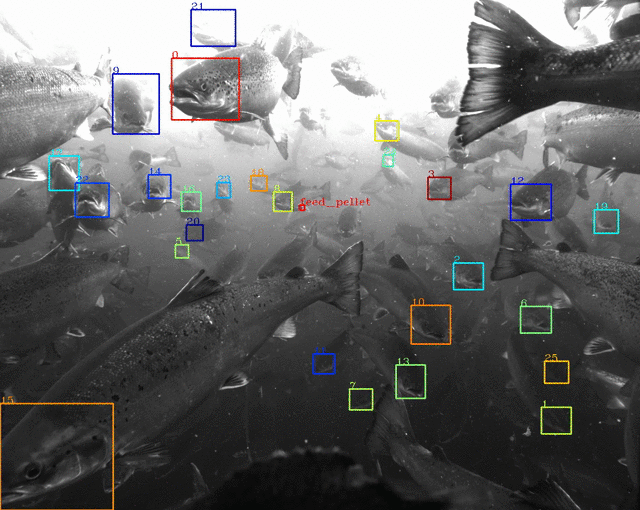Google’s parent company Alphabet has today launched a new initiative called Tidal aimed at changing that, with an overarching objective to use a better understanding of the ocean to better protect the marine environment.
A moonshot to protect the ocean and feed humanity sustainably
A moonshot to protect the ocean and feed humanity sustainably
From Blog X by Neil Davé
One of the biggest barriers to protecting the ocean — and our future — is that we don’t know much about what’s going on under the water.
Even though it covers around 70% of the planet, most of it remains unexplored.
We know more about the surface of the moon than we do about the deepest parts of the ocean floor.
This is partially because it’s an incredibly challenging environment for technology.
The pressure is crushing, communication is extremely difficult (GPS and WiFi don’t work underwater!), and saltwater kills electronics, which makes long-term monitoring challenging.
This is a critical issue: humanity is pushing the ocean past its breaking point, but we can’t protect what we don’t understand.
Pollution and unsustainable fishing practices mean that there will soon be more plastic than fish in the sea, while rapid acidification is killing corals and sea creatures.
This is driving upheaval in ecosystems all over the world, from coral reefs to the Arctic, leading to chain reactions of damage that are threatening human food and economic security.
That’s why today we’re announcing Tidal: a team at X working on a moonshot to protect the ocean and preserve its ability to support life and help feed humanity, sustainably.
Our initial area of focus is on developing technologies that bring greater visibility and understanding of what’s happening under the water.
We decided to start working on a small corner of this problem: exploring new tools that could provide useful information to fish farmers looking for environmentally friendly ways to run and grow their operations.
Fish have a low carbon footprint relative to other sources of animal protein and they play a critical role in feeding 3 billion people today, so helping fish farmers could prove critical both for humanity and for the health of the ocean.
Getting our feet wet
Over the last three years we’ve consulted with fish farmers around the globe and learned how eager they are to minimize food waste, catch diseases earlier, and reduce their use of chemicals.
Today, the health and welfare decisions for thousands of fish are based on observing a few individual fish that are taken out of the water and manually inspected — a data-gathering process that’s time-consuming, unreliable and impossible to scale.
We thought we could help.
Research and development north of the Arctic Circle
The idea is that observing the fish and their behaviors in this kind of unprecedented detail, can help farmers manage their pens in more efficient ways, through the smarter use of fish food, for example.
After spending lots of time out on the water, we’ve developed an underwater camera system and a set of machine perception tools that can detect and interpret fish behaviors not visible to the human eye.
Our software can track and monitor thousands of individual fish over time, observe and log fish behaviors like eating, and collect environmental information like temperature and oxygen levels.
This kind of information gives farmers the ability to track the health of their fish and make smarter decisions about how to manage the pens — like how much food to put in the pens, which we hope can help reduce both costs and pollution.
Fish farming as a diving off point
Earth is a unique planet — because it’s the blue planet.
We must work harder to protect it, and that’s what motivates the Tidal team.
The ocean provides food and livelihoods for billions of people as well as every second breath we take.
A natural carbon sink, it’s the planet’s air filter, temperature regulator and food basket rolled into one.
While we started developing our technology with fish farmers, this is just one area in which we hope to help.
As we validate our technology and learn more about the ocean environment, we plan to apply what we’ve learned to other fields and problems, with the help of ocean health experts and other organizations eager to find new solutions to protect and preserve this precious resource.
If Tidal’s mission sounds like something you’d like to be part of, please get in touch.
Links :
- NewAtlas : Alphabet launches Tidal, a moonshot to save the world's oceans
- CNET : Alphabet's moonshot to save the oceans starts with a fish cam / What's going on under the ocean? Alphabet's X has a plan to find out
- TheVerge : Alphabet’s Tidal moonshot tracks individual fish to help sustainably feed humanity
- Engadget : Alphabet's next moonshot: protect the ocean
- PCMag : Alphabet's Latest Moonshot Project Is Trying to Protect the Ocean
- Tech.co : Tidal: Google’s Big Bet to Save the Oceans

No comments:
Post a Comment